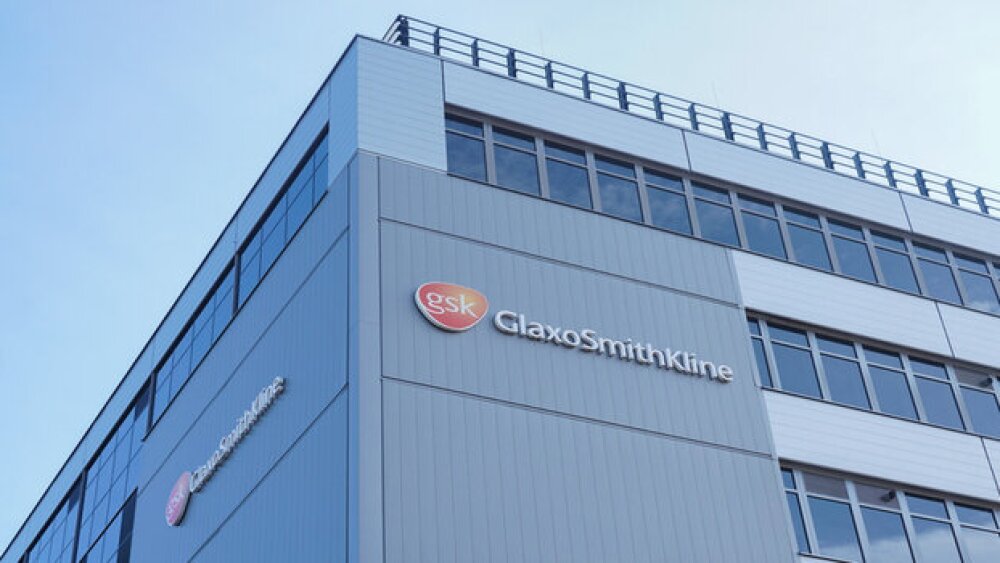The British biopharma company reported 10% sales growth in the third quarter, driven mainly by robust sales of its respiratory syncytial virus shot Arexvy and shingles vaccine Shingrix.
Pictured: GSK laboratories in Dresden, Germany/iStock, 13threephotography
In its third-quarter earnings report posted Wednesday, GSK touted 10% growth in total sales, driven largely by its vaccines business—particularly its recently launched respiratory syncytial virus shot Arexvy.
Arexvy is the first FDA-approved respiratory syncytial virus (RSV) vaccine to hit the U.S. market, and in its first full quarter it made nearly $859 million in sales. According to GSK’s announcement, Arexvy captured two-thirds of the retail vaccinations in the U.S., and so far only 1.4 million of the potential 83 million eligible adults have been inoculated.
Currently, Arexvy is sharing the RSV market with Pfizer’s Abrysvo, which was approved slightly behind GSK’s vaccine and is currently having to settle for second place in sales. In the third quarter, Abrysvo made $375 million in earnings. Pfizer is pushing its RSV shot into pediatric patients, while GSK is working on targeting a broader population of older adults.
GSK’s herpes zoster vaccine Shingrix also demonstrated strong market performance in the third quarter, bringing in more than $1 billion in sales, which represents a 15% increase—at constant exchange rates— from the same period last year. This growth was driven mainly by high vaccine uptake in international markets.
Arexvy and Shingrix contributed heavily to the total revenue of GSK’s vaccine business, which in the third quarter captured $3.9 billion. This corresponds to 33% growth versus the third quarter in 2022.
GSK’s HIV portfolio also performed well in the third quarter reporting nearly $1.7 billion in revenue, as did its respiratory products under its General Medicines franchise which secured $1.84 billion. The pharma’s total third-quarter sales amounted to $9.89 billion, a 10% increase from the same period in 2022. Without taking into account its COVID-19 business, revenue growth was at 16%.
In view of this strong performance, GSK raised its guidance for 2023. The company now expects turnover to increase from 12% to 13%, up from the previously announced 8% to 10%. It also now anticipates an adjusted operating profit growth of 13% to 15%, up from 11% to 13%.
Also during its third-quarter report, the British biopharma announced three early-stage pipeline cuts. The first, a candidate dubbed 3745417, was an investigational STING agonist being developed for oncology indications. GSK is also cutting 4074386, an investigational antibody targeting the LAG-3 protein being developed for cancer, and 2904545—an adjuvanted and recombinant protein vaccine candidate for C. difficile infection.
On Tuesday, GSK partner Mersana Therapeutics announced that the FDA has lifted the clinical hold on its STING-directed antibody-drug conjugate candidate XMT-2056. GSK owns the exclusive option for the global commercialization rights to XMT-2056.
Tristan Manalac is an independent science writer based in Metro Manila, Philippines. He can be reached at tristan@tristanmanalac.com or tristan.manalac@biospace.com.






